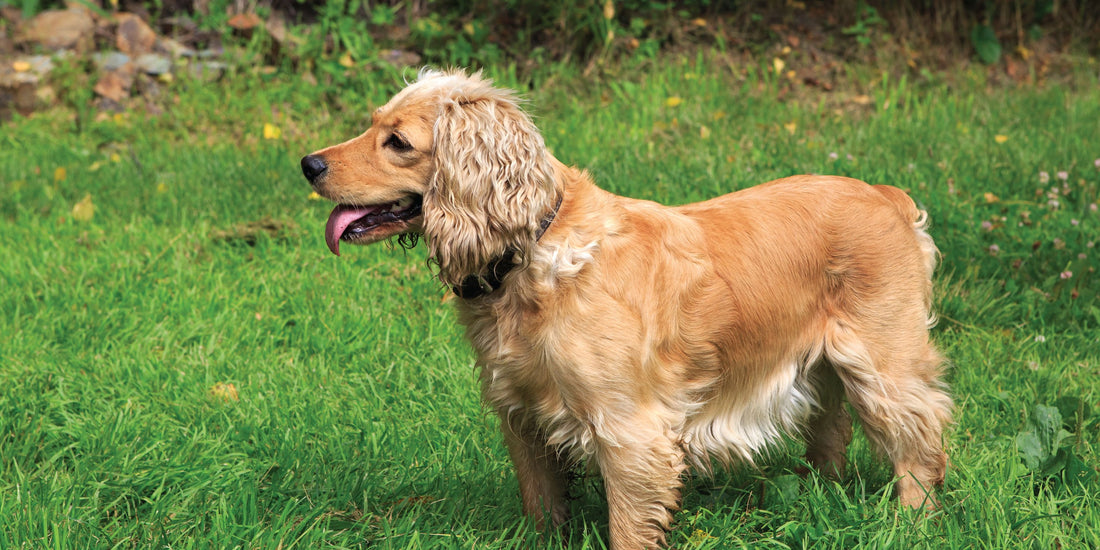Pancreatitis in dogs is a concerning condition that can greatly affect their health and quality of life. However, understanding the causes, recognizing the symptoms, and knowing whether your dog has acute or chronic pancreatitis are pivotal first steps in taking control and guiding your pet towards recovery. This comprehensive guide aims to arm you with the knowledge needed to proactively manage this condition.
Understanding and Managing Pancreatitis in Dogs: A Comprehensive Guide
Highlights of this guide:
- Identifying the causes of pancreatitis in dogs
- Recognizing the symptoms of pancreatitis
- Differentiating between acute and chronic pancreatitis
Next steps (Part II):
- Deciding when to consult a veterinarian
- Managing pancreatitis with diet, exercise, and supplements
What Causes Pancreatitis in Dogs?
Pancreatitis is characterized by the inflammation of the pancreas, a vital organ that not only aids in food digestion through enzyme production but also regulates blood sugar levels via insulin. When the pancreas becomes inflamed, its functionality is compromised, leading to significant health concerns. The rise in cases of pancreatitis in dogs is attributed to factors such as modern dietary habits and genetic susceptibility.
Key causes include:
- Modern dog diets: Low in natural enzymes, these diets can overburden your dog's pancreas.
- Genetic predisposition: Miniature Schnauzers, Yorkshire and Silky Terriers, Dachshunds, Miniature Poodles, and Cocker Spaniels are particularly susceptible.
- Obesity: Overweight dogs face a higher risk of developing pancreatitis.
- Prescription medications: Certain drugs, including corticosteroids like prednisone, azathioprine, potassium bromide, l-asparaginase, and zinc supplements, have been linked to pancreatitis.
Understanding the Types of Pancreatitis in Dogs
Dogs can suffer from two forms of pancreatitis:
- Acute Pancreatitis: This severe form requires immediate veterinary attention.
- Chronic Pancreatitis: Though less severe, its recurring nature can lead to irreversible damage if not managed properly.
Symptoms of Pancreatitis in Your Dog
Being able to identify the signs of pancreatitis is crucial for timely intervention. Symptoms often look like food intolerance and include:
- Frequent vomiting and diarrhea
- Abdominal pain or bloating in severe cases
- Poor appetite and fever
- Yellow, greasy stools
Additional symptoms may include:
- Lethargy, depression, and changes in stool consistency
- Dehydration, evidenced by sunken eyes and dry skin
- Weakness, irritability, rapid heart rate, and breathing
- Gum redness and signs of shock
If you suspect your dog is suffering from pancreatitis, seek veterinary care promptly to prevent the condition from worsening.
Now, let's look at natural remedies that may us get control over pancreatitis in part two.
For natural, trusted pet health supplements with proven formulas to improve your furry friend's overall health, visit Nusentia, a brand trusted by veterinarians and pet parents alike since 2008.




